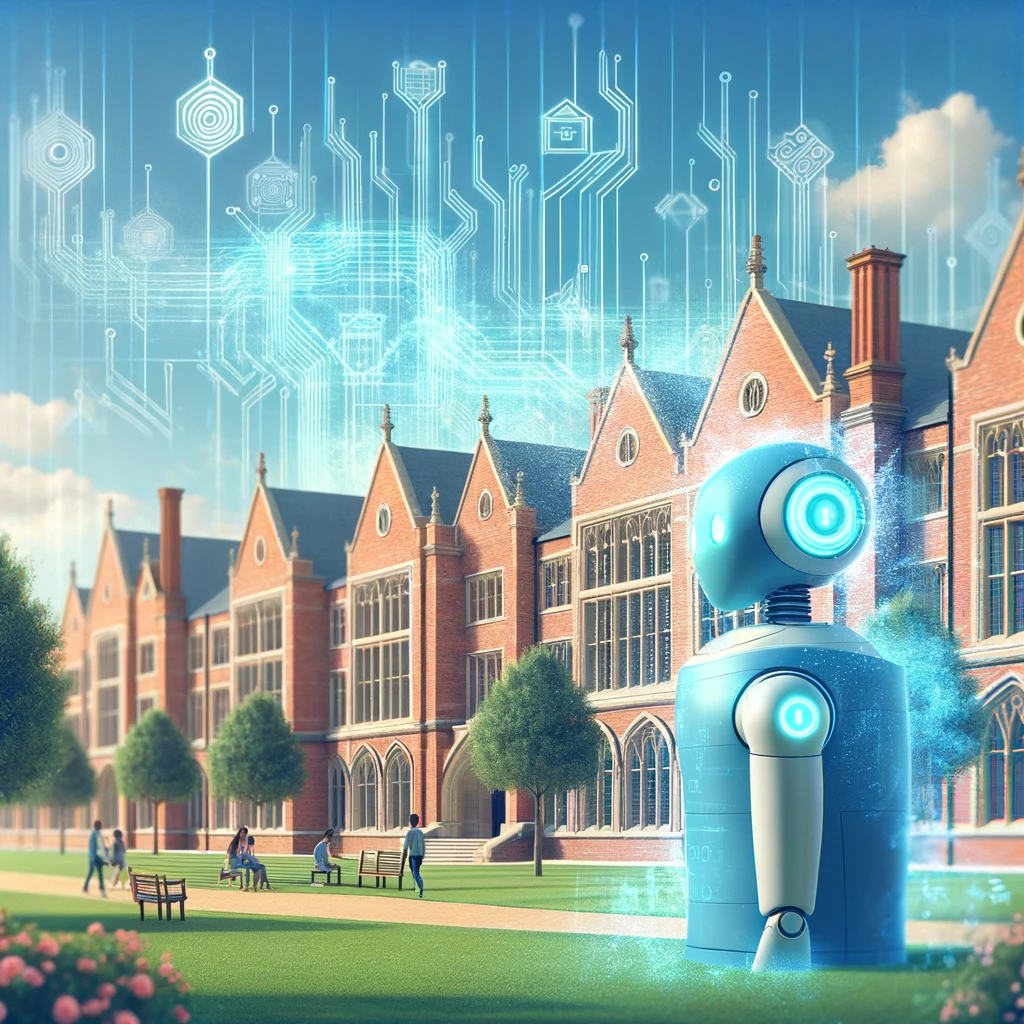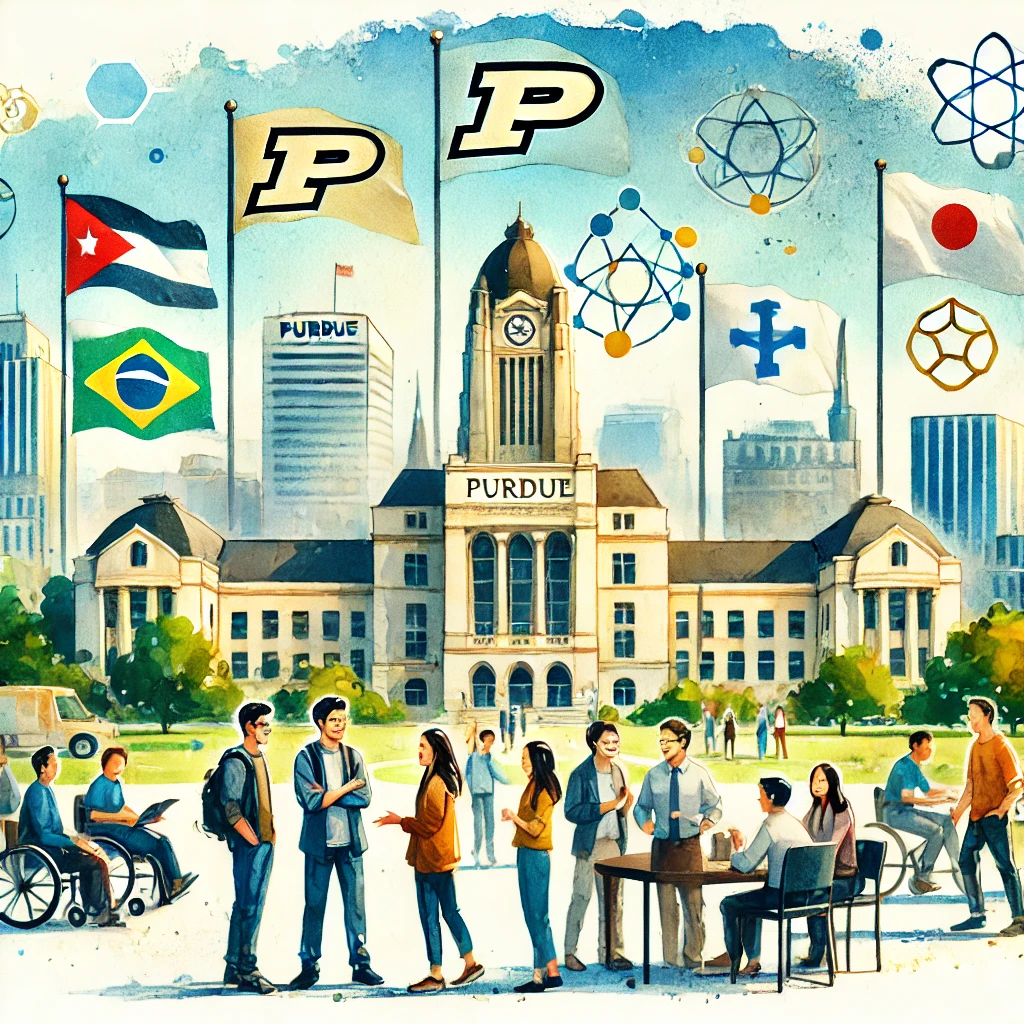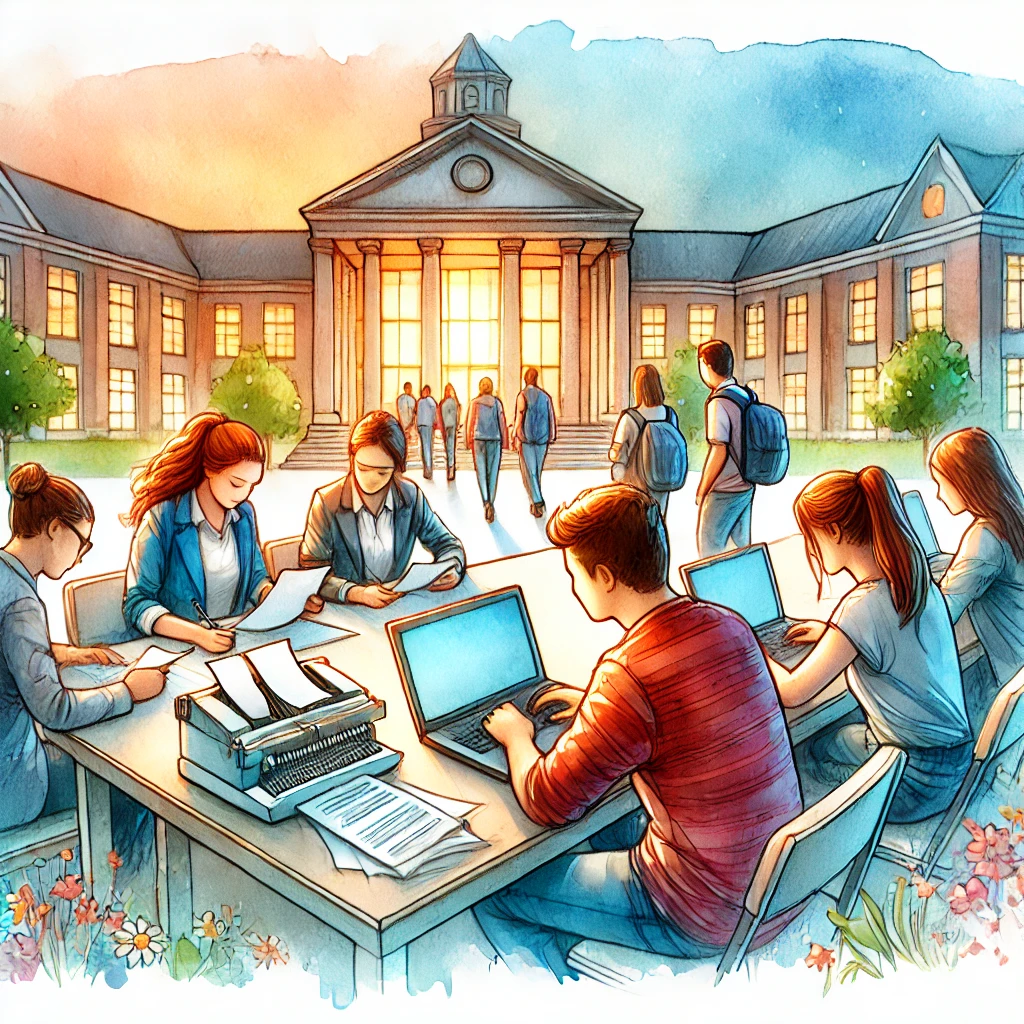Artificial Intelligence (AI) is revolutionizing higher education, transforming how universities operate and educate students. This evolution enhances personalized learning, efficiency, research capabilities, and the overall campus experience.
Personalized Learning at Scale
AI enables universities to offer customized learning experiences tailored to each student’s needs. By analyzing vast amounts of data, AI-driven systems can identify strengths and weaknesses, helping design personalized learning pathways. Adaptive learning platforms provide real-time feedback, allowing students to progress at their own pace and develop a deeper understanding of complex topics.
Efficiency and Accessibility
AI streamlines administrative processes such as enrollment, scheduling, and grading, saving time and improving educational quality. Additionally, AI-powered online learning platforms help overcome geographical barriers, making education more accessible to remote and underserved areas.
Enhancing Research Capabilities
AI-driven data analysis and pattern recognition tools are transforming academic research. Researchers can process large datasets at unprecedented speeds, uncovering new insights and opportunities. AI also assists in identifying funding sources and managing research projects, allowing scholars to focus on creativity and intellectual innovation.
Redefining the Campus Experience
AI is reshaping physical campuses by integrating smart technologies that enhance safety, sustainability, and convenience. AI-powered predictive maintenance optimizes facility management, while AI virtual assistants provide students with personalized guidance on course selection, career planning, and extracurricular activities.
Challenges and Ethical Considerations
Despite its advantages, integrating AI into education presents ethical challenges such as data privacy, algorithmic bias, and reduced human interaction. To maximize AI’s benefits, universities must implement AI responsibly, ensuring fairness, transparency, and student well-being.
Conclusion
AI has the potential to revolutionize higher education, offering personalized learning, improved efficiency, advanced research capabilities, and enhanced campus experiences. However, careful consideration of ethical concerns and responsible implementation is essential to ensure AI truly benefits students and educators.





